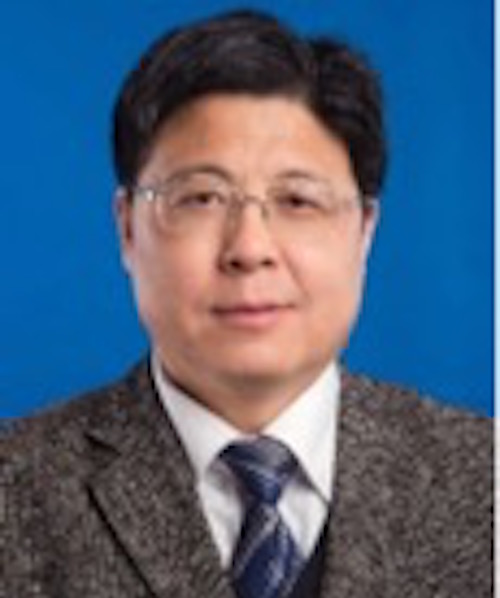
Advancing Research and Broadening Perspective
Zhang Xiliang | February 19, 2018
Responding To: A Reflection on Participation in the Research Group on Climate Change
Hao Min
The research group's collaborative research has largely boosted and promoted my personal research. On one hand, from the aspect of partnership, this is the first time I have had this kind of face-to-face cooperation with U.S. experts and scholars in related fields on a single platform. I am impressed by the U.S. scholars’ interest, effort and professionalism. The research group also has a clear division of labor. Our studies include several different aspects in dealing with climate change, such as policies, laws, technologies, and carbon trading markets and carbon finance. The design of our research platform is very scientific; it provides an opportunity for mutual study for scholars of various disciplines and specialties, which is rare and admirable.
On the other hand, from the research aspect, intellectual property rights remain a difficult issue in the negotiations on climate change over the years. The core technologies for clean energy needed by developing countries are in the hands of only a few developed countries. Although governments in developed countries are willing to provide the technologies to developing countries at the lowest cost, these technologies often belong to private companies and groups. Whether the government has the right to impose technology transfer is a serious challenge. We have done some research with Professor Joanna Lewis of Georgetown in this respect and have repeatedly discussed whether there are terms and conditions that can be referenced to promote the transfer, development, and application of climate-friendly technologies between developed and developing countries in the international convention on global climate change. The includes relevant global trade conventions such as the TRIPS agreement, as well as how developing countries can use certain flexible provisions within the proper scope of international conventions to maximize the use of clean energy technologies at the minimum cost.
Another area we discussed in the research group is that in addition to the continuous effort on energy saving and emissions reduction, how can China as a leading power of the developing countries in promoting South-South cooperation, provide more technology, funding, and support to these developing countries and LDCs via its own laws, policies and regulations? Therefore, we looked at various disciplines in the research process. It is my first in-depth understanding of relevant U.S. laws, protection policies and international conventions. We have also put forward some tentative thoughts and suggestions, and we hope China and the United States will continue to improve, innovate, and discover better approaches in the face of climate change in the future.
Hao Min is the vice dean of the Department of International Politics at the University of International Relations in Beijing. She is a participant in the Initiative for U.S. -China Dialogue on Global Issues faculty research group on climate change.

Zhang Xiliang | February 19, 2018

Billy Pizer | February 14, 2018

Qi Shaozhou | February 12, 2018

Melanie Hart | February 9, 2018